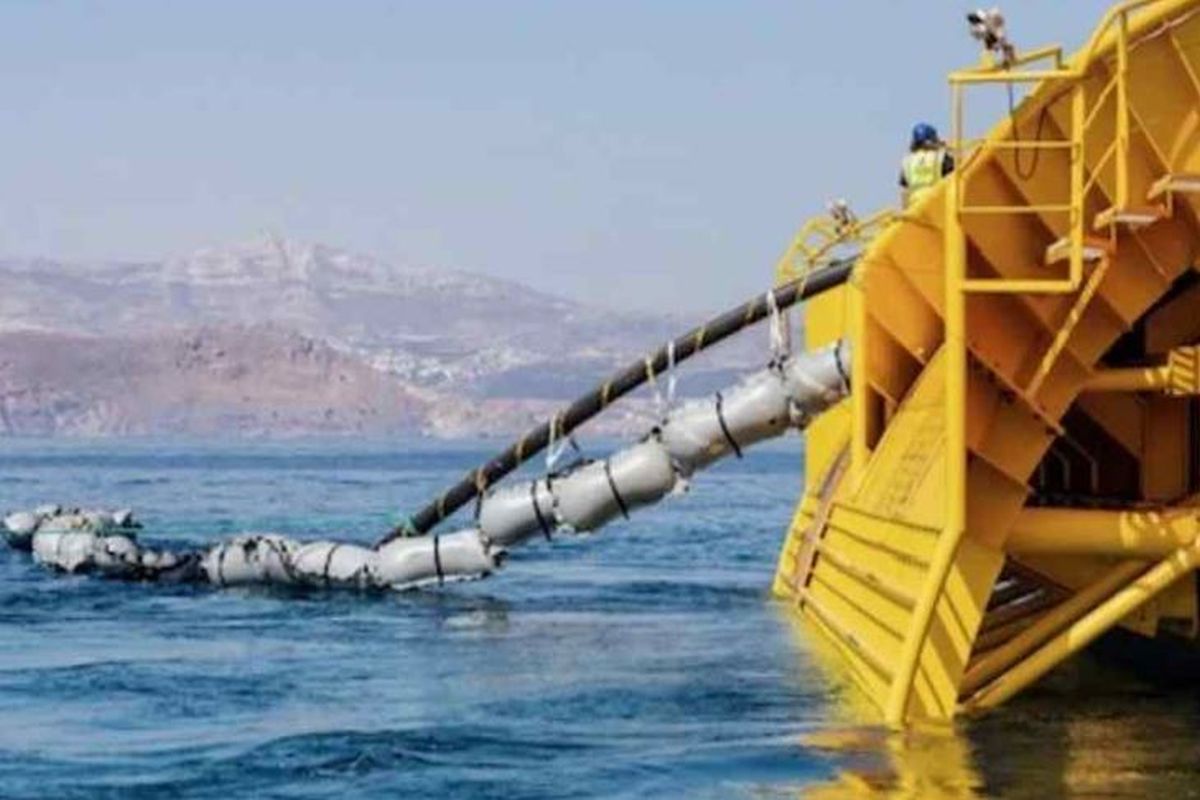
The French multinational investment fund Meridiam is actively pursuing entry into the Great Sea Interconnector project, a landmark energy initiative connecting the power grids of Greece, Cyprus, and Israel.
According to OT, the fund engaged in recent discussions regarding the project with Greece’s Minister of Environment and Energy, Theodoros Skylakakis, and the CEO of Greece’s Independent Power Transmission Operator (IPTO/ADMIE), Manos Manousakis.
The Paris-based fund bills itself as a global investor and asset manager specializing in developing, financing and managing long-term public infrastructure projects, and with a portfolio valued at 22 billion USD through a presence in 56 countries.
Meridiam is currently the primary investor behind NeuConnect, the first electricity grid connector between the UK and Germany, a project under construction.
The Great Sea Interconnector project is managed exclusively by ADMIE, through its subsidiary company. The project, a key component of regional energy integration, aims to install a subsea power cable linking Crete in Greece to Cyprus and eventually extending to Israel. The interconnection is expected to cost €2 billion and is projected to be completed by 2029, delivering critical energy security and ending Cyprus’s energy isolation.
The first phase of the project, the undersea cable between Greece and Cyprus, is already underway, with feasibility studies and seabed surveys scheduled for 2025 and construction expected to finish by early 2026.
Having signed a memorandum of cooperation with ADMIE in June, Meridiam is now evaluating a potential equity stake in the Great Sea Interconnector. This step follows the September trilateral summit involving French President Emmanuel Macron, Greek Prime Minister Kyriakos Mitsotakis, and Cypriot President Nikos Christodoulides, underscoring France’s growing interest in the Eastern Mediterranean energy landscape.
The project has attracted attention from other investors, including entities from the United Arab Emirates, Israel, and the United States, reflecting its strategic and economic significance. The interconnection will play a crucial role in diversifying energy routes in the region, particularly amidst ongoing geopolitical tensions in the Middle East.
As Europe seeks to enhance its energy independence and integrate renewable sources, the Great Sea Interconnector is set to become a pivotal piece of the puzzle. Its completion will create a sustainable energy bridge between Europe and the Eastern Mediterranean, facilitating the exchange of electricity, reducing emissions, and fostering regional cooperation.
Cyprus, in particular, stands to benefit significantly. By connecting to Greece’s power grid, the island nation will overcome its energy isolation and gain access to a more reliable and diversified energy supply.
Latest News
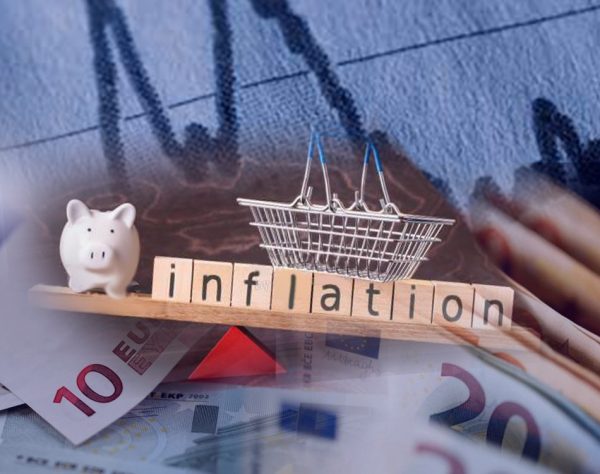
Eurostat: Greece’s Inflation at 3% in February – Eurozone at 2.4%
In the eurozone, inflation stood at 2.4% in February, compared to 2.5% the previous month.

U.S. Orders Suspension of Offensive Cyber Operations Against Russia
The suspension of these operations is part of a broader review of U.S. activities concerning Russia, and its duration remains uncertain, The New York Times reported.

Exquisite Bronze Griffin Head Repatriated
The artifact is one of the finest cast-bronze griffin heads in existence according to the Metropolitan Museum of Art

Kites, Carnival, and Reflection: Greece Marks Clean Monday, Lent
First day of Great Lent on the Orthodox calendar - Clean Monday - is celebrated with family gatherings and picnics, with Lenten dishes comprised of seafood, legumes and unleavened bread

Israel Halts Gaza Aid Amid Ceasefire Standoff
Israel has announced a halt to all humanitarian aid entering Gaza

Mitsotakis Acknowledges Tempi Protests, Pledges Reform
Prime Minister Kyriakos Mitsotakis acknowledged the record-breaking demonstrations and national strike about the Tempi tragedy in his weekly social media post.
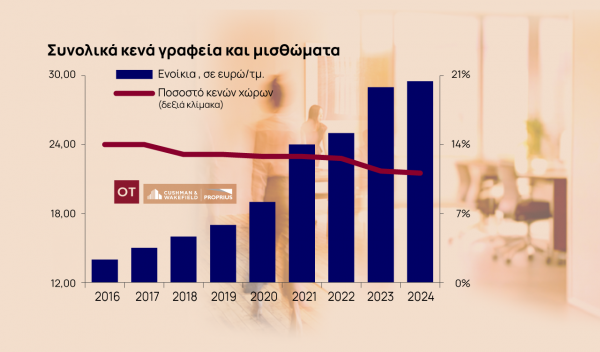
Report: Greater Athens Office Space in High Demand
In the Athens office sector there are currently plans for new developments with a total area of more than 108,050 sqm

First Meeting in D.C. Between Rubio, Greek FM Gerapetritis
State Dept. spox: Greece is a valued NATO Ally and critical to regional stability

On This Day in History: Chemical Structure of DNA Discovered
The double-helix model revealed how DNA replicates and how genetic information is passed from one generation to the next.

Digital Work Card for Tourism Sector Comes into Effect
The initiative aims to tackle the nagging problem of undeclared or partially declared labor













![Airbnb: Στα ύψη οι κρατήσεις το 2025 – Το σήμα που στέλνει η αγορά [γράφημα]](https://www.ot.gr/wp-content/uploads/2024/12/airbnb-1-90x90.jpg)
![Ξενοδοχεία: Πόσες νέες πολυτελείς μονάδες άνοιξαν στην Ελλάδα – Οι περιοχές που πρωταγωνίστησαν [πίνακας]](https://www.ot.gr/wp-content/uploads/2025/03/Mövenpick-Resort-Agios-Nikolaos-Sivota-4-90x90.jpg)












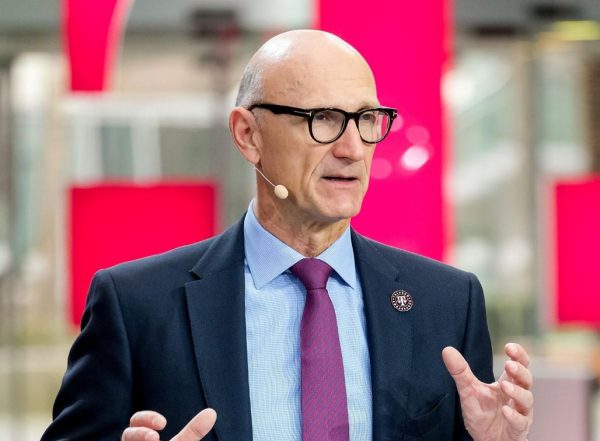





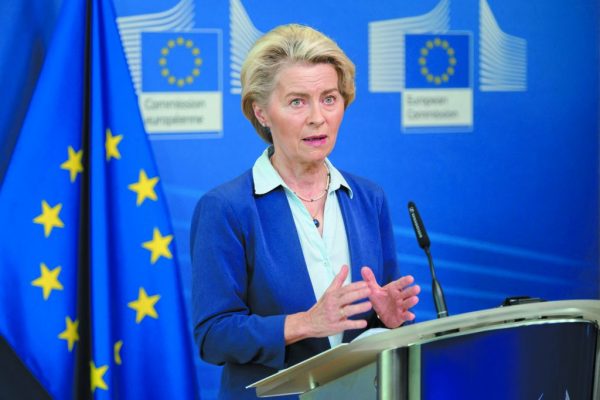



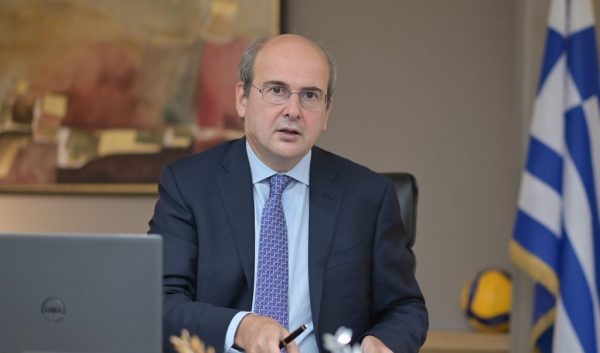
![Airbnb: Στα ύψη οι κρατήσεις το 2025 – Το σήμα που στέλνει η αγορά [γράφημα]](https://www.ot.gr/wp-content/uploads/2024/12/airbnb-1-600x400.jpg)


 Αριθμός Πιστοποίησης Μ.Η.Τ.232433
Αριθμός Πιστοποίησης Μ.Η.Τ.232433